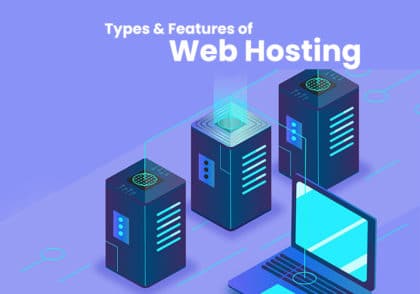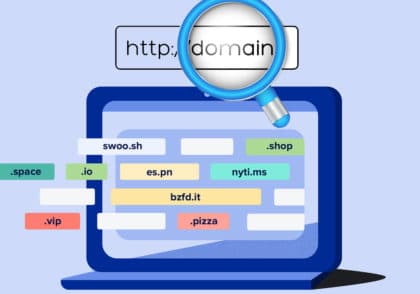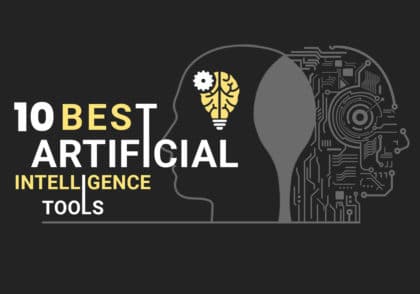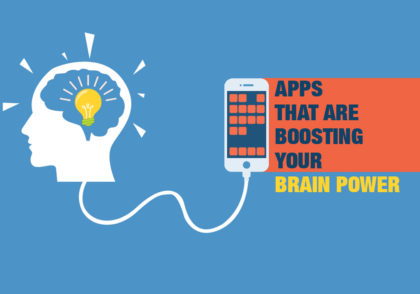UPCOMING TRAINING SCHEDULE:
Require a different session ? Let us know
Data Science with Python Certification Course
Python is the one of the most popular programming language for Data Science. As we know that Python is easy to learn, powerful, and flexible tool for programming Data Science and as well as Machine Learning algorithms. Data Science with Python certification course, is designed for the candidates with or without knowledge of programming skills, with basics of Data mugging, Data importing, and coding Machine Learning algorithms along with effective programming techniques.
Data Science with Python course enables the candidates to not only understand Python with Data Science concepts but also provides practical knowledge over Python for Data Science, which is very much in demand in Today’s Data Science with Python job opportunities.
If you are here because you aspire to become a great data scientist, you are in the right place. This highly comprehensive data science course will help you put the power of Python to use, in order to explore the capabilities of Data Science.
What will you learn in Data Science with Python course in Dallas?
Through this course, you will learn to:
– Code with Python
– Use NumPy library with Python
– Perform Advanced Data Analytics using Pandas
– Connect Python to SQL
– Create Decision Trees
– Create interactive visualizations with Plotly
And much more.
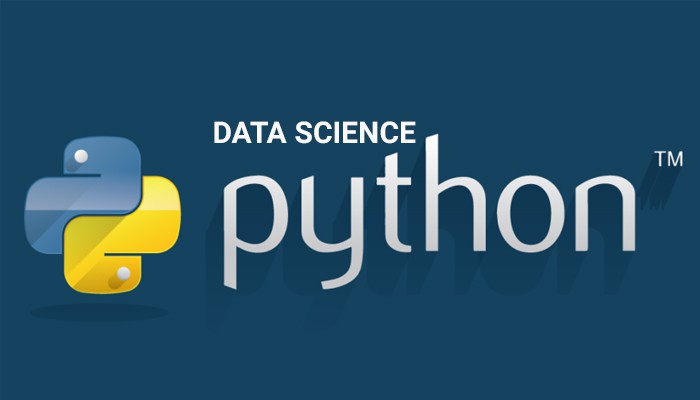
Learning Objectives
For Individuals
- Access to self-paced, high-quality learning content and experiences that have been developed by experts in the Data Science field.
For Businesses
- They would be taught with well-blended models
- This course would offer them high-quality teaching and assistance
360EduKraft's Training Key Features:
Data Science with Python Course Description
Python is, inarguably, one of the most powerful languages of all times. Upon combining with Data Science, Python can do wonders. This property of the combination we are talking about here is duly acknowledged by the software industry, which is why data science with Python skilled professionals are preferred if they can also harness the power of data science.
– Anyone who aspires to become a sheer-skilled data scientist.
With our custom Data Science with Python course, you will:
– Get to learn from the top faculty from across the world.
– Receive comprehensive training by practicing on real use cases.
– Be ready to enter the IT and Software industry with utmost confidence of a professional.
– High school level mathematics
– Knowledge of Python preferred
Data Science with Python Curriculum
1. Introduction
1.1 Introduction to Data Science
Key Elements of Data Science
Data Warehousing
Business Intelligence
Data Visualization
Data Mining
Machine Learning
Artificial Intelligence
Cloud Computing
Big Data
1.2 Artificial Intelligence: A preview
What is Artificial Intelligence & its importance
Artificial Intelligence vs Machine Learning
2. Getting Started with Machine Learning
2.1 Overview of Machine Learnin
Quick tour of the types of machine learning
What is Machine Learning (ML)?
How machines learn
Types of learning: Supervised, Semi-supervised, Unsupervised, Reinforcement.
Basics of Classification, Regression and Clustering algorithms
Creating your first Prediction Model
Training & Model evaluation
Choosing Machine Learning algorithm
3. Back to Basics (Maths with Statistics)
3.1 A quick refresh on basic intermediate maths:
A quick refresh on basic intermediate maths:
Linear Algebra (Vectors, Matrix, Eigen Values)
Probability and Statistics
Hypothesis testing
Optimization
4. Getting Started with Python
4.1 A quick crash course on basics of Python
A quick crash course on basics of Python
What is Python
Working with Python
Basic scripts on
Read, write, data handling
Loops
Conditions (if-else)
Function
Code modularization
Scikit-Learn package
Basic visualization
5. Data Processing for Machine Learning
5.1 Introduction to Data Processing
Data Collection & Preparation
Data Mugging
Outlier Analysis
Missing value treatment
Feature Engineering
Data Transformation
Normalization vs Standardization
Creating Dummies
Dimensionality Reduction
Principal Component Analysis
6. Advanced Machine Learning Algorithm
6.1 Overview to Machine Learning Algorithms
Supervised Machine Learning algorithms
Linear Regression
Logistic Regression
Decision/Classification Tree
Ensemble Models
Bagging
Boosting
Random Forest
K-Nearest Neighbours (KNN)
Naive Bayes
Neural Network (Deep Learning)
Support Vector Machine
Unsupervised Machine Learning algorithms
Clustering with K-means Clustering
Bias-Variance Trade off
Regularization
Parameter tuning & grid search optimization











